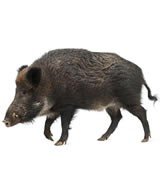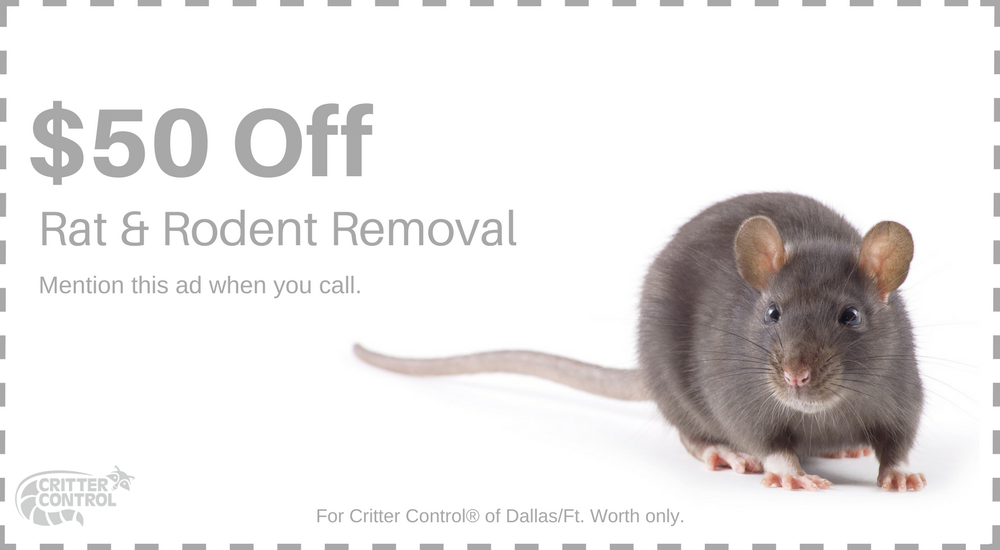Wild Hogs

Wild pigs, wild hogs, wild boar, feral pigs as they are commonly known in the state of Texas are not a native animal species. They are believed to have been introduced into Texas as early as the 1500s by Spanish explorers.
Fort Worth Wild Hog Control
Most people do not consider pigs a household or yard pest, because they think of domesticated pigs. Domesticated pigs are useful animals, but their wild counterparts routinely destroy plants, crops, and property. Additionally, wild hogs can be dangerous under the right conditions. They are all too common in Critter Control’s service areas, rural locations in particular. Critter Control of Ft. Worth can help solve your concerns about wild hogs and exclude them from your property.
Identifying Wild Hogs
Some wild hogs look much like domesticated pigs, while others have drastically different appearances. For example, a domesticated pig is usually hairless or has very short, coarse hair next to its skin. In contrast, some wild hogs are covered with long, coarse hair. Their tails tend to be long, hairy, and straight, whereas domesticated pigs usually have short, curly, hairless tails.
Additional differences lie in color and facial features. Some wild hogs have tusks; others do not. Domestic pigs are usually pink; while they come in other colors, pink is one of the most common. In contrast, wild hogs can be brown, white, reddish-brown, black, or pink.
Wild hogs have inbred with domestic pigs for centuries, making them difficult to identify if you raise pigs or live in an area where pigs are common. If you are not sure what type of hog you’re dealing with, our biologists and zoologists can help identify it.
Damage
Wild hogs’ damage is often confined to gardens and yards, as well as farmland. They routinely root up crops in search of food sources. They do not usually attack humans but still pose a threat. The wild hogs with tusks are of particular concern; injuries from tusks often need serious medical attention.
In addition, wild hogs carry many forms of salmonella, E. coli, cryptosporidium, and other parasites. Their urine and feces can contaminate water supplies. Please consult a professional animal removal service like Critter Control© of Fort Worth to help mitigate this problem. Call us at 817-222-1101 or Contact us to help with this animal control situation.





